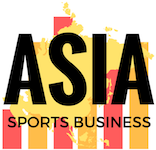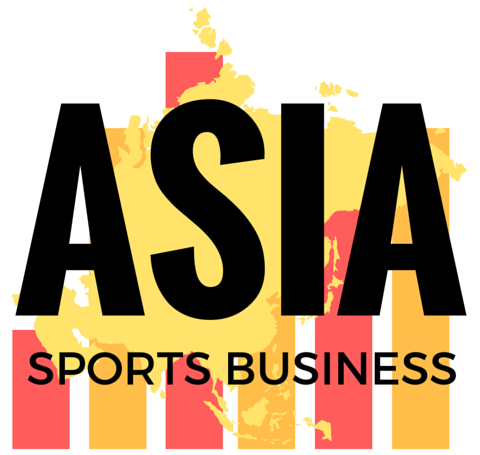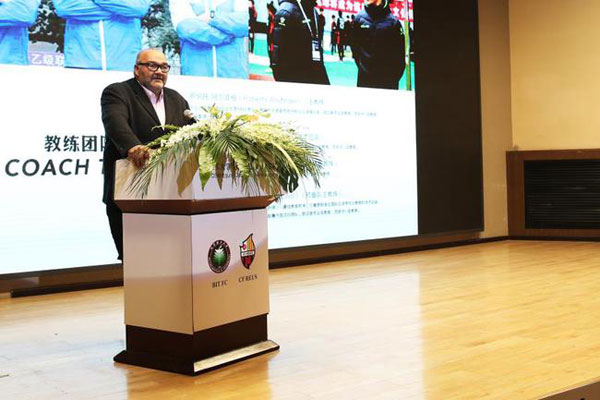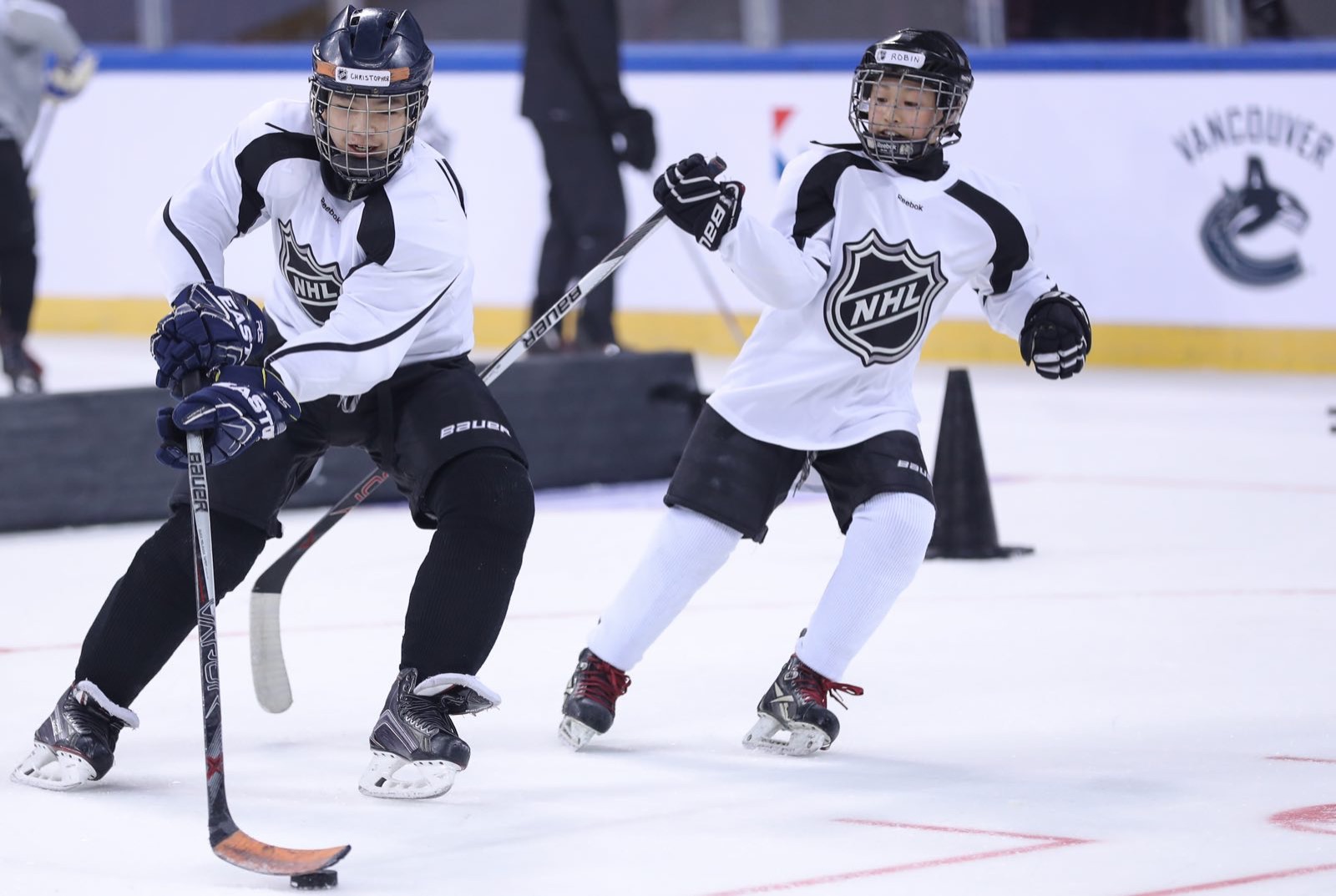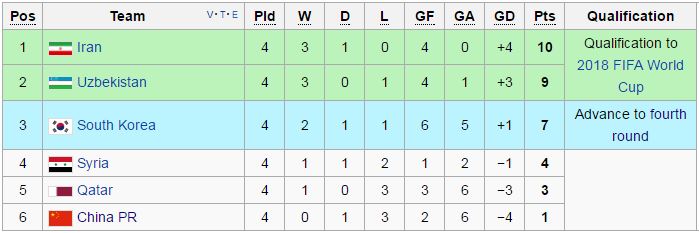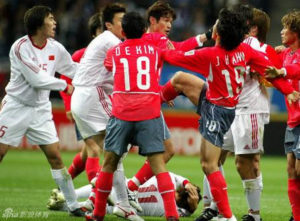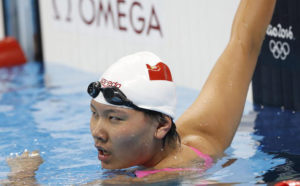Recent headlines have proclaimed “the end of Chinese transfers”, with the purchase of Southampton FC by Lander Sports’ Gao Jisheng appearing to sneak in just under the deadline. Part 1 (below) will take a look at what the Gao deal means for Southampton – and what fans can reasonably expect – while Part 2 will analyze the wider implications of Chinese takeovers following the latest developments and regulations.
The transfer of Southampton FC into Chinese hands – the second Premier League club after West Brom to be Chinese-owned – is a big deal.
Granted, it’s not a glamor club like Manchester United or Liverpool – and so doesn’t quite get the headlines to match – but Southampton is a solid top-tier club. Apart from a fall from grace in 2005-12, when the club fell out of the Premier League and even spent two seasons n League One before back-to-back promotions, Southampton has been in the top division of English football since 1978.
The club’s last four finishes has been 8th, 7th, 6th and 8th, qualifying for the Europa League in each of the last two seasons. Outside of the rotating top six clubs of Man Utd, Man City, Liverpool, Chelsea, Arsenal and Spurs, only Everton could make a case for a being a bigger club, on both recent and historical form.
So, again, it’s a big deal and certainly the biggest in a wave of acquisitions of English clubs by Chinese investors. But what are the prospects for Southampton? And just who is this Gao Jisheng fellow, whose daughter Nelly has apparently become BFFs with Katharina Liebherr?
